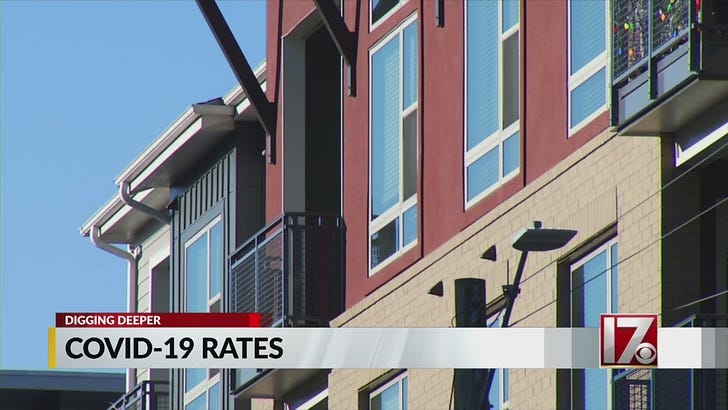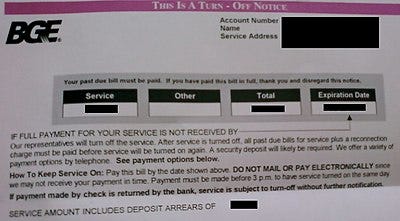Tlaib Introduces Landmark Bill to Stop Utility Shutoffs for Struggling Families
Legislation would cover electricity, water and broadband services
U.S. utility companies have shut off natural gas and electricity service to more than three-quarters of a million households across just 10 states during the pandemic, according to a report released earlier this year by the Center for Biological Diversity.
But even that number is also incomplete: It doesn’t account for commercial customers who are also having trouble paying their bills, or the 14 percent of U.S. residents using public power, instead focusing on households served by private utility companies. And it omits the 30 states with utility commissions that don’t require companies to disclose how many households they disconnect, or that failed to provide easily searchable data.
Rep. Rashida Tlaib (D-Mich), member of the progressive House “Squad,” has proposed a solution, by introducing the Maintaining Access to Essential Services Act. This piece of legislation would cancel ever-rising household debt for water, power, and broadband services to help U.S. families back on their feet by:
Providing a total of $13.5 billion in low-interest loans to public and private water utilities, which will be forgiven when the utility forgives household water arrears;
Providing $13 billion in low-interest loans to power utilities, which will be forgiven when the utility forgives household arrears;
Providing $13 billion in low-interest loans to broadband utilities, which will be forgiven when the utility forgives household arrears;
Requiring loan recipients to suspend utility shutoffs and restore any disconnected service, suspend late fees and charges, stop the sale of household debt to debt collectors, stop placing or selling liens on households due to outstanding utility debt, and stop filing adverse reports on households due to unpaid utility bills to credit agencies; and
Establishing reporting requirements about disconnections and arrearages.
The legislation, a companion piece to the bill Sen. Jeff Merkley (D-Ore) introduced in the Senate, seeks to create a $39.5 billion new loan-to-grant program for power, water, and broadband utilities to cover the cost of uncollected household payments in exchange for suspending shutoffs, tax liens, and late fees. Its introduction comes as millions of families continue to suffer economic hardship from the COVID-19 pandemic.
Estimates show that people across the country are facing utility debt in the tens of billions as a direct result of the pandemic-driven unemployment crisis, with families of color disproportionately affected. Recent data also shows that more than 100,000 families in Detroit since 2014 have had their water disconnected because they could not afford their bills, which makes preventing water and other vital utility shutoffs a personal priority for Congresswoman Tlaib.
“Utility shutoffs—from water to power to broadband Internet—leave our most vulnerable communities without essential life sustaining services and are especially unacceptable during a deadly pandemic,” Tlaib said. “So many of us have eviction protection on our minds right now. A new study showing low-income Michigan families pay more than 30 percent of their household income on utility bills alone, creating a direct path to debt and eviction makes the issue that much more pertinent. We have to break the cycle and ensure folks can keep their lights on, their water running, and the roofs over their head. I’m so grateful for the continued partnership of my House colleagues and the Utility Justice coalition who have fought alongside us every step of the way to end the injustice of utility shutoffs in this country.”
Joining the legislation’s introduction in the House as original cosponsors are Reps. Jesús G. "Chuy" García (D-Ill), Raúl Grijalva (D-Ariz), Jamaal Bowman (D-NY), and Ro Khanna (D-Calif). It’s also garnered the support of a number of advocacy organizations comprising the Utility Justice Coalition.
"Congresswoman Tlaib's Utility Debt Relief bill is a great example of legislation that centers economic and racial justice to support local recovery and prosperity,” said Juan Jhong-Chung of the Michigan Environmental Justice Coalition. “Low-income communities and communities of color in Detroit continue to be impacted by systemic racism, pollution, and the COVID pandemic. How can investor-owned utilities make record profits while our families struggle to pay monthly bills? We cannot build back better if we leave the most vulnerable behind."
Do you find this post of value?
Please share it…




